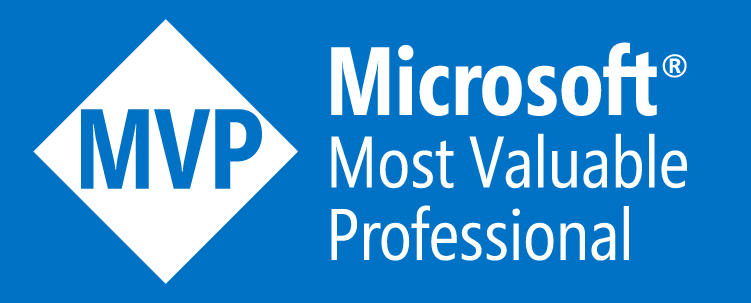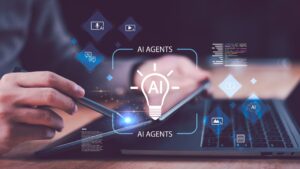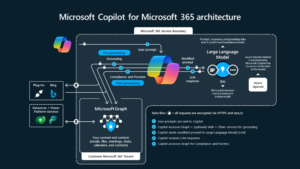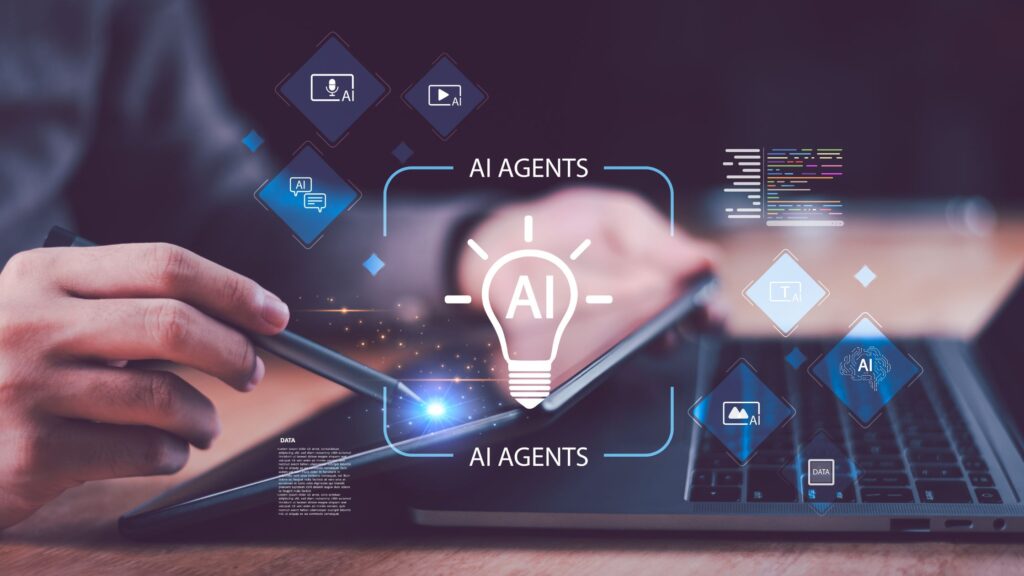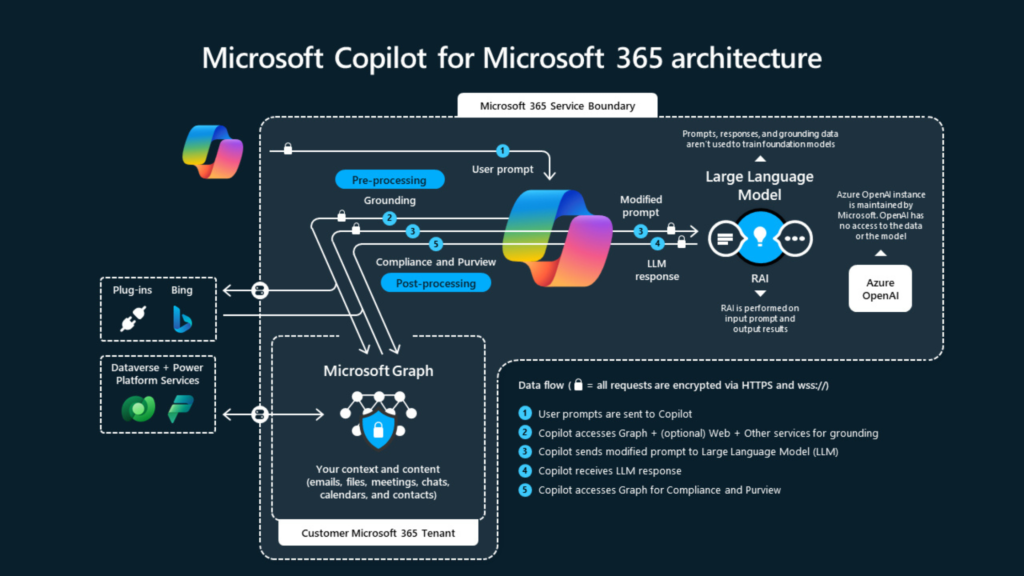Microsoft’s Journey in Business Applications
For the last decade, Microsoft has been making continuous investments in its business applications ecosystem, shaping the way enterprises of all sizes from SMEs to large corporations manage their operations. With Dynamics 365 Finance & Operations (F&O), Business Central, Customer Engagement (CE), and the Power Platform, Microsoft has built a state-of-the-art ERP and CRM landscape that delivers flexibility, scalability, and intelligence.
These applications empower organizations to:
- Streamline and digitize core business operations
- Gain actionable insights through powerful, built-in reporting
- Integrate seamlessly with other systems using Power Automate, Logic Apps, and Dataverse
In short, Microsoft’s ecosystem has become the backbone of modern enterprises, delivering both operational efficiency and strategic decision-making power.
From Copilot to Agents: The Evolution
To support users in daily operations, Microsoft introduced Copilot across its business applications. Copilot acts as a context-aware assistant, enabling users to:
- Query documentation and get unblocked on processes
- Perform tasks using natural language commands
- Retrieve data quickly without navigating multiple system menus (e.g., “Show me unpaid invoices”)
This was a major leap in productivity. However, while Copilot is an assistant, it still waits for user prompts. The next evolution is the introduction of Agents—autonomous, AI-powered entities that can act independently and carry out business workflows without constant user involvement.
Copilot vs Agent
| Feature | Copilot (Assistant) | Agent (Autonomous Doer) |
| Role | Helps the user | Acts on behalf of the user |
| Behavior | Responds to prompts | Acts independently |
| Scope | Provides suggestions & insights | Executes workflows & automates tasks |
| Intelligence | Context-aware | Decision-making & adaptive |
| Example | “Show me unpaid invoices.” | “Process supplier emails and update purchase orders.” |
In simple terms, Copilot is like a helpful colleague, while Agents are like digital employees who don’t wait for instructions—they just get the job done.
Agents in Dynamics 365 Finance & Operations
Microsoft has introduced Agent Management in Dynamics 365 F&O as a production-ready preview. These agents are designed to automate routine ERP processes and operate directly within the system.
Key capabilities include:
- Automating operational tasks such as invoice processing or PO updates
- Being discovered, configured, and managed via the Immersive Home experience
- Tracking activities through Dataverse for full visibility
Microsoft has started introducing intelligent agents in Dynamics 365 Finance & Operations (F&O) that go beyond traditional automation and empower finance and procurement teams with AI-driven decision-making. These agents are designed to remove repetitive manual tasks, streamline operations, and accelerate financial processes.
1. Account Reconciliation Agent
The Account Reconciliation Agent automates reconciliation tasks between subledgers and the general ledger. Traditionally, finance teams relied on SQL Server Reporting Services (SSRS) reports for reconciliation, which was a reactive and time-consuming approach.
With this agent, the process shifts to a proactive experience. The Account Reconciliation workspace raises exceptions, and the intelligent agent evaluates these exceptions, providing recommended actions. This represents a significant step toward continuous financial close, improving both efficiency and accuracy for finance teams.
2. Financial Reconciliation Agent
The Financial Reconciliation Agent simplifies reconciling two sets of financial data, often maintained in Excel workbooks. Instead of manually creating reconciliation rules, the agent uses AI to define rules automatically, perform the reconciliation, and generate a comprehensive report.
What makes this agent more powerful is its ability to produce a generative AI summary of the reconciliation results, making financial reporting faster, more accurate, and easier to interpret.
3. Supplier Communications Agent
In procurement, communication with suppliers can consume a large share of employees’ time. The Supplier Communications Agent in Dynamics 365 Supply Chain Management automates routine vendor interactions—such as handling emails about purchase orders, confirmations, and changes.
By taking over these low-complexity but repetitive tasks, the agent allows procurement staff to focus on strategic, value-added activities. This not only increases productivity but also reduces procurement costs by streamlining communication and minimizing manual intervention.
Agents in Dynamics 365 Sales
Beyond finance and supply chain, Microsoft has also introduced agents for Dynamics 365 Sales to optimize lead management.
Sales Qualification Agent
Sales teams often face a high volume of inbound leads from websites, events, or webinars. Many of these leads remain idle in CRM due to manual qualification processes. The Sales Qualification Agent automates this lead qualification—helping sales reps quickly identify, score, and prioritize leads.
The agent doesn’t replace human judgment but ensures that sales teams spend more time engaging with high-value prospects, instead of wasting hours on low-quality or irrelevant leads.
Agents in Dynamics 365 Business Central
Microsoft has taken automation to the next level in Business Central by introducing Sales Order Agents, which handle end-to-end order processing.
The workflow is highly streamlined:
- The agent receives an item request email from the customer.
- It identifies the customer based on Business Central records.
- A draft sales quote is created automatically.
- Item availability is verified.
- The quote is sent to the customer for approval.
- Once confirmed, the quote is converted into a sales order and shared back with the customer.
This not only reduces manual workload but also enhances accuracy and response times, improving customer satisfaction and giving sales teams more time to focus on relationship-building.
The Road Ahead
Microsoft is not just adding AI to its business applications—it is transforming them into intelligent ecosystems where agents become trusted digital employees. From Finance & Operations to Business Central and the Power Platform, the shift from Copilot (assistants) to Agents (autonomous doers) marks the beginning of a new era in enterprise automation.
Enterprises that embrace this shift will not only optimize operations but also unlock new levels of agility, efficiency, and innovation.

